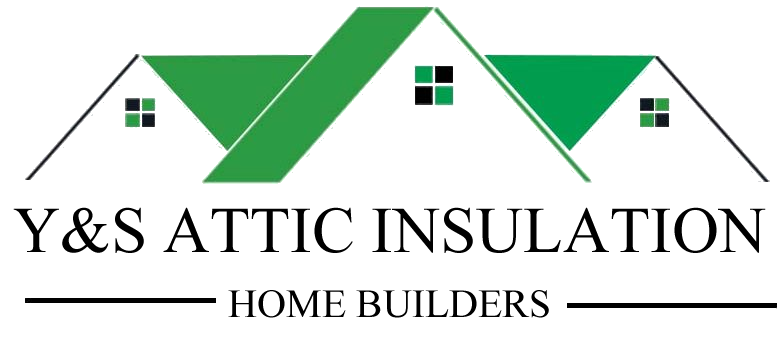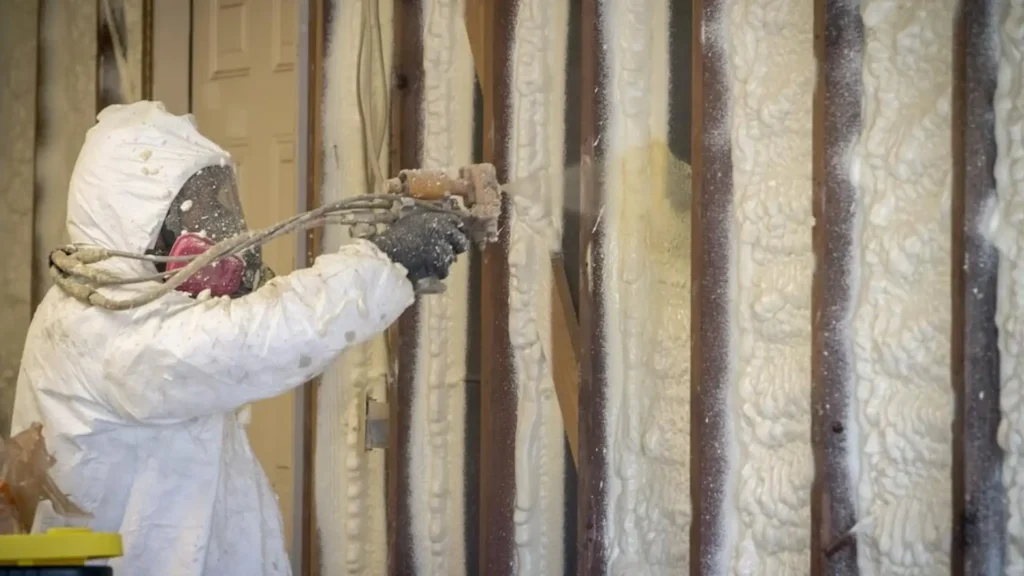When hiring an insulation contractor, it’s essential to be aware of potential scams that can compromise the quality of your home’s insulation and lead to unexpected costs. Understanding these common frauds can help you make informed decisions and ensure that you receive honest, reliable service.
Fake Credentials and Licensing Issues
One prevalent scam involves insulation contractors who falsely claim to be licensed or certified. Always verify the credentials of any contractor before hiring them. Check their license status with local regulatory agencies and confirm that they are in good standing. An authentic insulation contractor will be transparent about their qualifications and should be willing to provide proof of their licensing and insurance upon request.
Lowball Estimates and Hidden Fees
Another common tactic is providing unusually low estimates to attract customers, only to add hidden fees once the project is underway. To avoid this, ensure that any estimate you receive is detailed and includes all potential costs, such as materials and labor. It’s also wise to compare quotes from several contractors to get a sense of the market rate. A reputable insulation contractor will provide a clear, written estimate and explain any additional charges upfront.
Subpar Materials and Unnecessary Repairs
Some unscrupulous contractors may use substandard materials or recommend unnecessary repairs to inflate costs. To protect yourself, research the types of insulation materials best suited for your project and understand their market value. Ask the contractor for specific details about the materials they plan to use and why they recommend them. A trustworthy contractor will be willing to discuss their choices and provide evidence of the quality of the materials.
Failure to Honor Warranties
A serious issue can arise if a contractor does not honor their warranty promises. Ensure that any insulation contractor you hire offers a written warranty for both materials and workmanship. This warranty should clearly outline the coverage period and what is included. If problems arise after installation, a reputable contractor will address these issues promptly and without additional cost. Be cautious if a contractor is reluctant to provide a written warranty or fails to honor it after the work is completed.
Avoiding scams in the insulation industry involves careful verification of credentials, scrutinizing estimates, ensuring material quality, and securing a solid warranty.
LEARN MORE:
How to Ensure Your Insulation Contractor Meets Industry Standards and Best Practices
How to Evaluate the Quality of Work from Your Insulation Contractor


